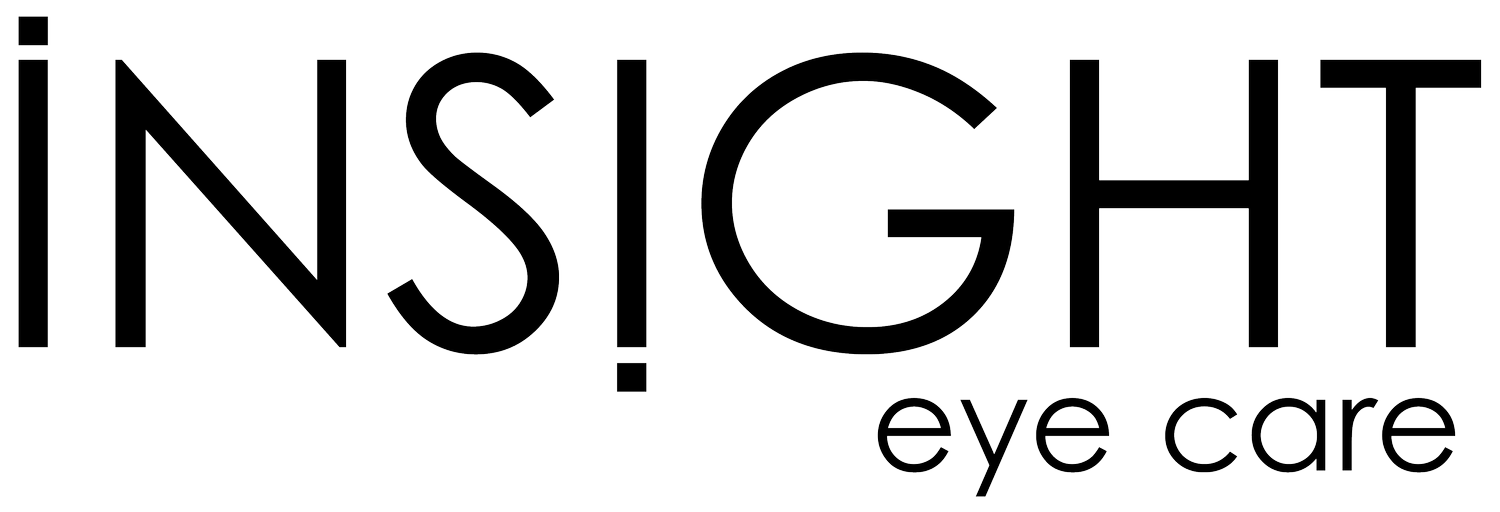Healthy Eyes
Dr. Tiffany Sieunarine, H.B.Sc., O.D.
I am often asked by patients what can be done to help maintain healthy eyes. There is so much information in literature and online it can often be overwhelming and confusing. I will go through some basics to help you make well-informed choices.
Nutrient rich foods
Lutein and zeaxanthin are pigments that act as antioxidants, absorbing harmful sun rays (like UV) from damaging the eye, specifically the macula area. Since the macula is responsible for sharp central vision, loss or deterioration of this area can be devastating. Unfortunately, lutein and zeaxanthin are not naturally produced in the body so consuming foods rich in these nutrients is key. Leafy green vegetables like kale and spinach offer some of the most abundant sources. I enjoy adding kale to my salads; it can also be easily added to soups and stews.
This is a variation of Dr. Barb’s Green Goodness Smoothie recipe, author of Eyefoods, A Plan for Healthy Eyes.
Are carrots really good for our eyes?
Many of us recall our parents feeding us carrots as kids and being told they are good for our eyes. Whether or not you believed it at the time, there is some truth to the statement. Orange vegetables in general contain beta-carotene which may have some benefits in macular degeneration and cataract formation.
Please note: There are a number of supplements on the market. It is best to consult your optometrist before taking any as they can interact negatively with some medications or be contraindicated for certain individuals. For example, beta-carotene in supplement form is generally not considered safe for people who smoke.
I see fine, why should I get my eyes examined?
The Canadian Association of Optometrists (CAO) advises that having routine eye examinations are part of maintaining healthy eyes. Sometimes, in earlier stages of eye disease, concerns can present without symptoms and can then progress quickly. The prognosis is not always favourable in these cases, so identifying the problem earlier on is important. The CAO has set general guidelines for routine checkups. Their recommendation is as follows:
First check-up between 6-9 months of age (OHIP covers examinations yearly)
At least one check-up between 2-5 years of age (OHIP covers examinations yearly)
Annually for ages 6-19 years and 65+ years (OHIP covers examinations yearly)
Approximately every 2 years for ages 20-64 years
For those at higher risk of ocular complications, more frequent follow-ups may be necessary.
I don’t spend much time in the sun so why should I wear sunglasses?
90% of UV rays can penetrate through the clouds and can reflect off of surfaces like water, snow, concrete and glass. The CAO warns that UV damage to the eyes is cumulative and usually irreversible. Investing in a good pair of sunglasses that fit well will not only help protect the inside of your eyes but will also help protect the lids and skin around your eyes. So it is important for all ages to wear sunglasses throughout the year, even if it is cloudy.
In summary, leafy green vegetables and orange vegetables provide some of the highest sources of nutrients to maintain healthy eyes. In addition to wearing sunglasses all year round, routine eye examinations are also recommended.



